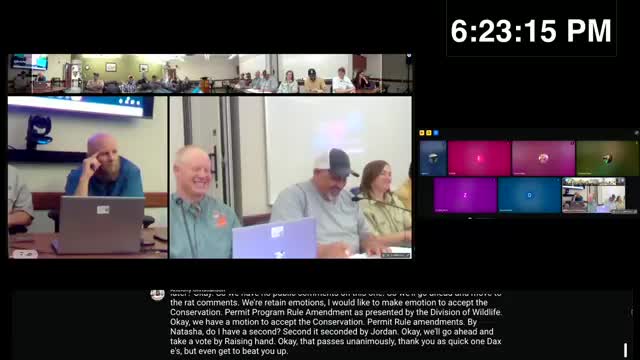Article not found
This article is no longer available. But don't worry—we've gathered other articles that discuss the same topic.
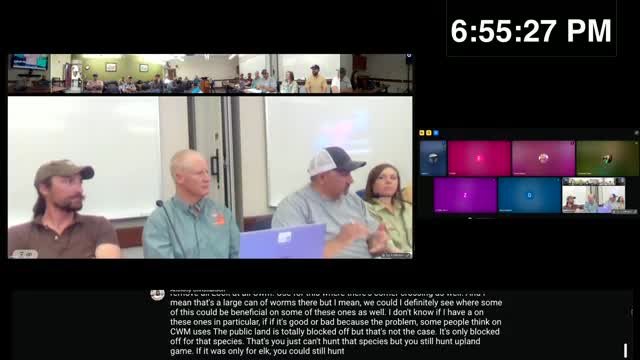
RAC renews most CWMUs; some members flagged corner‑crossing concerns for one unit
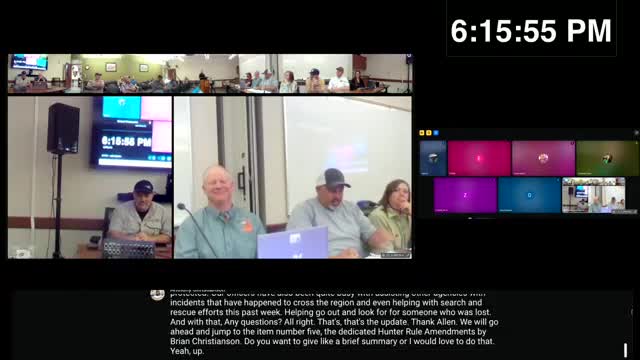
RAC approves clarification to 'dedicated hunter' rule to allow service hours during application year
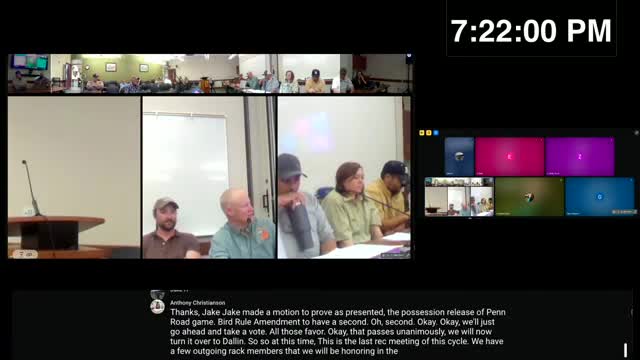
Division moves ahead with sage-grouse translocations to boost distribution in restored habitat
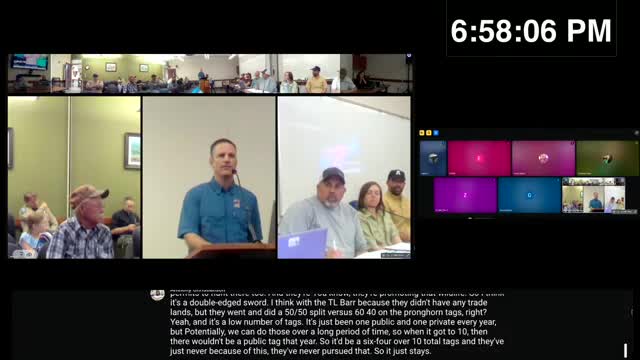
Northeast RAC adopts WMA license exemptions and clarifies scope after new state law
